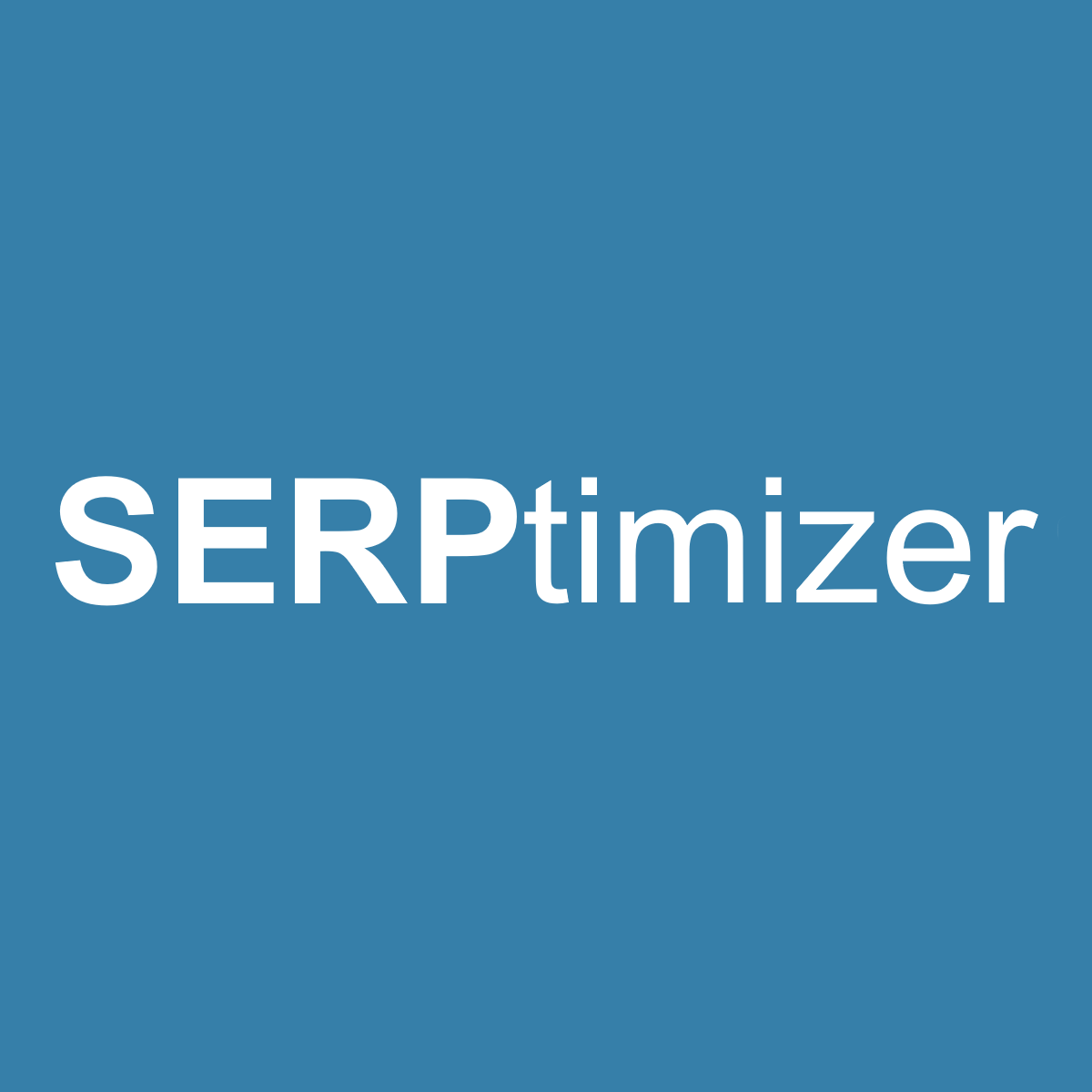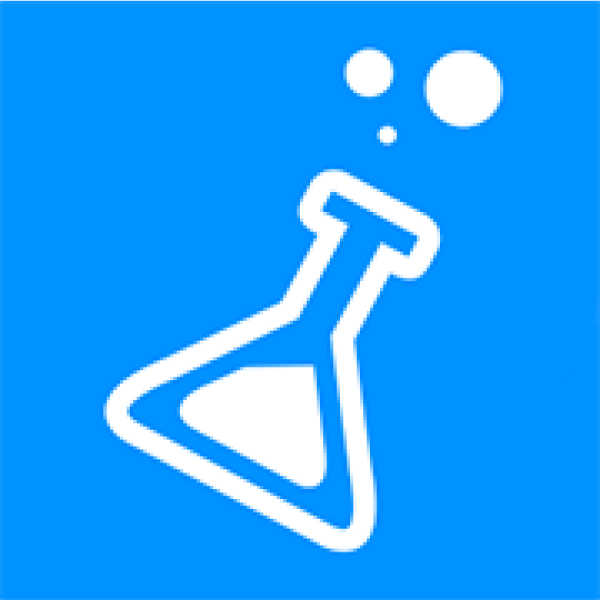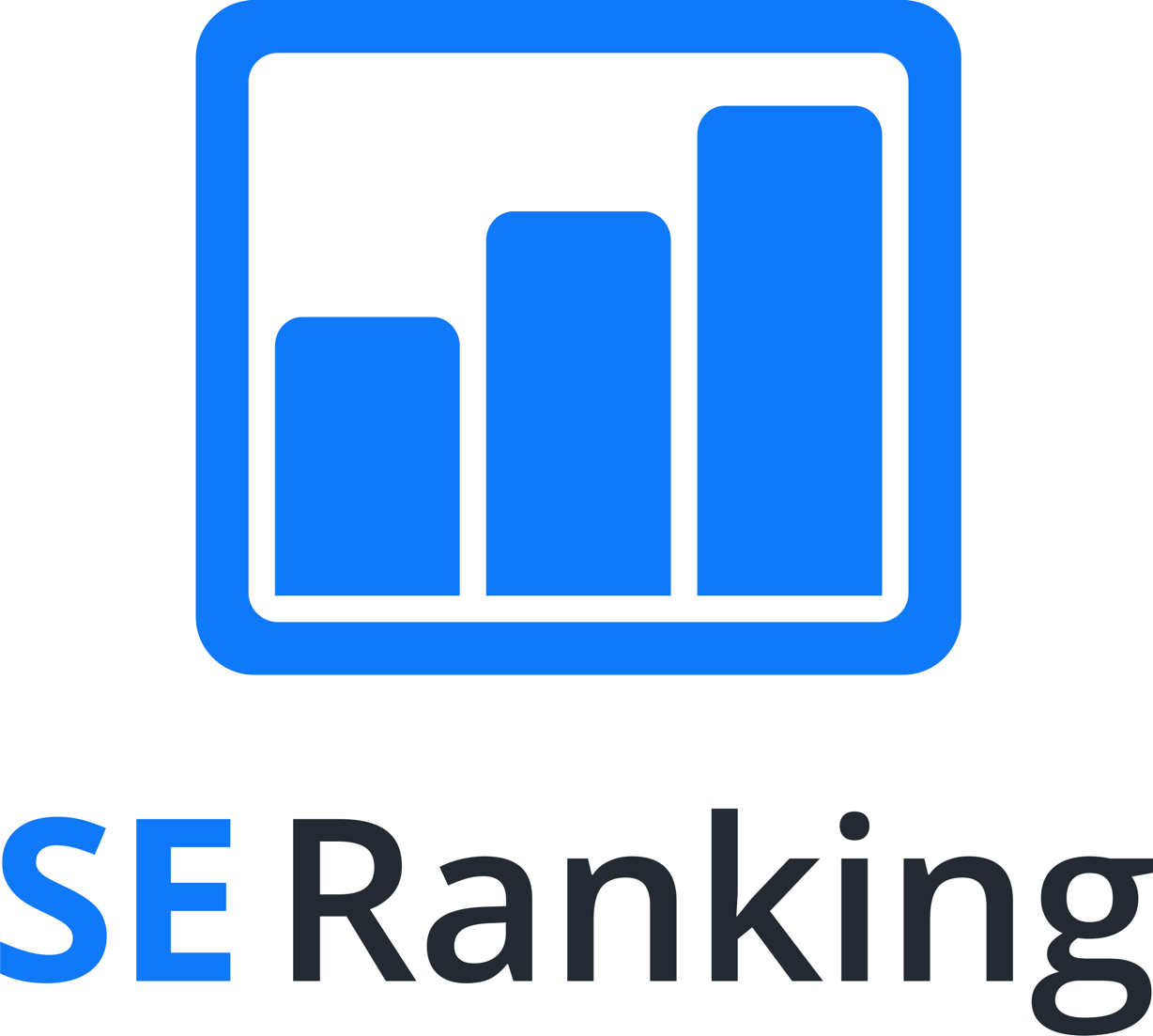Description

ReportGarden

SERPtimizer
Comprehensive Overview: ReportGarden vs SERPtimizer
ReportGarden, SERPtimizer, and SiteAnalyzer are all tools within the digital marketing and SEO landscape, but they serve slightly different functions and target markets. Here’s a comprehensive overview of each:
ReportGarden
a) Primary Functions and Target Markets:
- Primary Functions: ReportGarden is primarily a client reporting tool that provides solutions for PPC reporting, SEO reporting, and social media reporting. It allows marketing agencies to create comprehensive reports that combine data from various platforms like Google Ads, Facebook Ads, and Google Analytics.
- Target Markets: The primary market for ReportGarden includes digital marketing agencies, freelancers, and in-house marketing teams who manage multiple clients or campaigns and need a robust tool to streamline their reporting processes.
b) Market Share and User Base:
- Market Share: ReportGarden has a significant presence in the market for marketing reporting tools, particularly among small to medium-sized agencies. However, it competes with larger players such as Tableau and Google Data Studio, which have broader appeal due to integration capabilities and the backing of larger parent companies.
- User Base: It has a dedicated user base among smaller agencies and freelance digital marketers who prefer its ease of use and focus on marketing data visualization.
c) Key Differentiating Factors:
- User-friendly interface specifically designed for marketing reports.
- Customizable dashboards and the ability to combine data from various platforms into one report.
- Pre-built templates that save time for marketing professionals.
SERPtimizer
a) Primary Functions and Target Markets:
- Primary Functions: SERPtimizer is an SEO tool aimed at improving search engine rankings. It offers keyword research, backlink analysis, site audits, and rank tracking features.
- Target Markets: It targets SEO professionals, digital marketing agencies, and small to medium-sized businesses looking to enhance their online visibility.
b) Market Share and User Base:
- Market Share: SERPtimizer is smaller compared to industry giants like Ahrefs, SEMrush, or Moz. It is more of a niche tool primarily recognized in markets looking for more affordable SEO solutions.
- User Base: It appeals to SEO specialists and small businesses that require cost-effective tools with essential SEO functionality.
c) Key Differentiating Factors:
- Affordable price point for small businesses and freelancers.
- Comprehensive SEO tools packaged in a beginner-friendly platform.
- Focus on essential features without overwhelming users with complexity.
SiteAnalyzer
a) Primary Functions and Target Markets:
- Primary Functions: SiteAnalyzer is a website analysis tool designed to conduct comprehensive audits of websites. It offers features like SEO auditing, page speed analysis, and backlink checking.
- Target Markets: It serves digital marketers, webmasters, and developers who require detailed insights into website performance and SEO health.
b) Market Share and User Base:
- Market Share: SiteAnalyzer is less known worldwide compared to larger SEO platforms but maintains a stable position in specific markets as a go-to tool for webmasters seeking technical insights.
- User Base: Ideal for technical users who manage website maintenance and need in-depth analysis of website factors affecting SEO.
c) Key Differentiating Factors:
- Strong emphasis on technical SEO aspects like crawl errors and page speed.
- Detailed reports that appeal to technical users, including detailed site error analysis.
- Often used as a complementary tool alongside more general SEO platforms for deeper insights.
Comparison Summary:
In summary, ReportGarden, SERPtimizer, and SiteAnalyzer cater to distinct niches within the digital marketing and SEO industry:
- ReportGarden is primarily a reporting tool targeted at agencies and freelancers needing robust data visualization for client reports.
- SERPtimizer focuses on SEO with essential tools at an affordable price, appealing to small businesses and SEO newcomers.
- SiteAnalyzer offers detailed technical SEO and website performance insights, attracting webmasters and developers with its technical depth.
The competitive landscape sees these tools carving out niches where they provide maximum utility to their target users, each filling specific needs in reporting, SEO, or technical analysis.
Contact Info

Year founded :
2013
+1 855-777-8436
Not Available
United States
http://www.linkedin.com/company/reportgarden

Year founded :
Not Available
Not Available
Not Available
Not Available
Not Available
Feature Similarity Breakdown: ReportGarden, SERPtimizer
To provide a feature similarity breakdown for ReportGarden, SERPtimizer, and SiteAnalyzer, we can evaluate the common core features, compare user interfaces, and identify any unique features that differentiate these products. Here is a general overview based on common features found in similar digital marketing and SEO tools:
a) Core Features in Common
-
SEO Audits: All three platforms offer tools for conducting SEO audits to analyze and optimize websites for better search engine performance.
-
Keyword Tracking: They provide keyword tracking capabilities to monitor keyword rankings over time and assess performance across different search engines.
-
Competitor Analysis: Each tool includes features that allow users to analyze competitors' websites and strategies to identify competitive advantages and understand market positioning.
-
Backlink Analysis: The tools offer backlink analysis features which help users understand their backlink profile and identify opportunities or issues with their site's link structure.
-
Reporting & Analytics: They provide reporting features that enable users to create and generate analytics reports on various aspects of digital marketing and SEO performance.
b) User Interface Comparison
-
ReportGarden: Known for its emphasis on custom reporting and visualization, ReportGarden offers a sleek, visually driven user interface. It’s often considered user-friendly with drag-and-drop functionality to create customizable reports. It is generally appealing to digital marketers who need comprehensive reporting tools linked to various digital marketing channels.
-
SERPtimizer: This tool might have a more structured and data-driven interface, focusing on providing detailed insights for SEO aspects. The user interface is typically designed to give straightforward, data-centric views of keyword rankings, site audits, and competitors.
-
SiteAnalyzer: With an emphasis on site audit capabilities, its user interface is typically straightforward and focused on providing critical data clearly and efficiently. It might not be as visually elaborate as ReportGarden but can provide the necessary functionalities in an organized fashion.
c) Unique Features
-
ReportGarden: Its unique advantage is the robust set of reporting tools across different marketing channels, not just SEO. Users can integrate data from PPC, social media, and email marketing platforms, alongside SEO to create comprehensive marketing reports.
-
SERPtimizer: This platform may have unique algorithms or tools geared toward keyword and SERP (Search Engine Results Page) optimization, potentially including AI-driven insights or more specialized data predictions for SEO metrics.
-
SiteAnalyzer: SiteAnalyzer could stand out by offering more in-depth technical SEO audit features at a lower price point, focusing on improving site health and on-site SEO factors, which a user might find invaluable for smaller websites or specific technical checks.
Overall, each of these tools has strengths that could appeal to different user needs depending on the breadth of functionality required (e.g., ReportGarden’s cross-channel reporting), the focus on specific SEO metrics (e.g., SERPtimizer’s keyword-centric approach), or technical audits (e.g., SiteAnalyzer's in-depth audit capabilities).
Features

Robust Reporting Capabilities
Client Management Tools
Intuitive Analytics
Comprehensive Integrations

Competitor Insights
Content Optimization
Performance Tracking
SEO Analysis
Best Fit Use Cases: ReportGarden, SERPtimizer
Certainly! Here's a breakdown of the best fit use cases for ReportGarden, SERPtimizer, and SiteAnalyzer:
a) ReportGarden
Best Fit for Types of Businesses or Projects:
- Digital Marketing Agencies: ReportGarden is ideal for agencies needing to manage multiple client accounts. Its reporting and client management tools are specifically designed to streamline workflows.
- Freelance Marketers: Freelancers who need robust reporting capabilities but without the extensive overhead of larger platforms can benefit from ReportGarden’s straightforward interface.
- SMEs with In-House Marketing Teams: Small to medium-sized enterprises that manage their marketing efforts internally might find ReportGarden helpful for generating insightful reports.
Usage Scenarios:
- Performance Reporting: Creating detailed and visually appealing client reports for various digital marketing campaigns (SEO, PPC, Social Media).
- Budget Management: Tracking client budgets and spending effectively.
- Campaign Management: Streamlining the management of PPC campaigns across multiple platforms.
b) SERPtimizer
Preferred Scenarios:
- SEO-focused Projects: When the primary goal is to improve search engine rankings, SERPtimizer’s tools are designed to enhance on-page and technical SEO.
- E-commerce Websites: Given the competitive nature of e-commerce, SERPtimizer can help improve visibility for product listings.
- Content Creators and Bloggers: Individuals or teams focused on improving the SEO performance of their writing.
Usage Scenarios:
- Keyword Research and Tracking: Monitoring keyword rankings and discovering SEO opportunities.
- Competitive Analysis: Gaining insights into competitors’ strategies to stay ahead in the rankings.
- Website Audits: Ensuring websites are optimized for search engines with detailed audits.
c) SiteAnalyzer
When to Consider Over Other Options:
- Technical SEO Audits: Users needing in-depth technical analyses of websites to identify SEO issues.
- Website Redesigns or Migrations: Ideal for ensuring the site remains SEO compliant during large-scale changes.
- Startups and Small Websites: Cost-effective solution for small businesses looking to establish their online presence.
Usage Scenarios:
- Site Crawls and Health Checks: Regular crawling of websites to find broken links, duplicate content, or other technical issues.
- Detailed Reports: Generating comprehensive reports for stakeholders highlighting SEO improvements or deficiencies.
- Page Speed Analysis: Optimization for better user experience and higher search rankings.
d) Catering to Different Industry Verticals or Company Sizes
-
Industry Verticals:
- ReportGarden is versatile, supporting verticals like retail, real estate, and entertainment by providing bespoke reporting for different marketing KPIs.
- SERPtimizer aligns well with industries where search ranking is critical, such as e-commerce, tech startups, and online publishing.
- SiteAnalyzer serves technical industries and web development agencies needing precise technical audits.
-
Company Sizes:
- ReportGarden caters to medium to large agencies or teams managing multiple clients. Its scalability and ease of client management make it suitable for growing businesses.
- SERPtimizer can support both small and medium businesses that prioritize SEO performance but can also scale for larger corporations focusing intensively on search success.
- SiteAnalyzer is typically more suited to small companies and freelancers due to its affordability and ease of quick technical audits, although it can serve larger enterprises with precise technical optimization needs.
Each of these tools serves distinct aspects of digital marketing and SEO, making them useful in specific contexts and industries based on the users' goals and resources available.
Pricing

Pricing Not Available

Pricing Not Available
Metrics History
Metrics History
Comparing teamSize across companies
Conclusion & Final Verdict: ReportGarden vs SERPtimizer
To provide a comprehensive conclusion and final verdict for ReportGarden, SERPtimizer, and SiteAnalyzer, I'll evaluate each product in terms of value, features, pros and cons, and target users.
Overall Value:
ReportGarden is a sophisticated reporting tool designed primarily for digital marketers and agencies. It specializes in report generation, client management, and billing, which makes it particularly valuable for users needing robust report automation and client interaction features.
SERPtimizer focuses on SEO optimization with tools that offer keyword rank tracking, backlink analysis, site audits, and on-page SEO analysis. It's best suited for those who emphasize improving their website's search engine ranking and optimizing SEO strategies.
SiteAnalyzer provides a suite of tools for analyzing and improving website performance, including technical SEO audits, sitemap generation, and URL analysis. It's valuable for users interested in thorough technical audits and performance optimization.
Best Overall Value:
- Considering the comprehensive nature and specialized features of each tool, SERPtimizer offers the best overall value for users primarily focused on SEO and performance improvement, due to its balance of feature offering and cost-efficiency. However, agency-centric users might find more value in ReportGarden for its client management and report automation, depending on their specific needs and priorities.
Pros and Cons:
-
ReportGarden:
- Pros:
- Advanced report generation and automation features tailored for digital marketing agencies.
- Integrates with various advertising and analytics platforms.
- Features for client management, including billing and budgeting.
- Cons:
- Primarily focused on reporting, may lack deep SEO-specific functionalities.
- Could be seen as expensive for individual or smaller-scale users.
- Pros:
-
SERPtimizer:
- Pros:
- Comprehensive SEO toolset with keyword tracking, site audits, and competitor analysis.
- User-friendly interface geared towards both beginners and seasoned SEO professionals.
- Offers a good balance of features and pricing.
- Cons:
- May lack advanced reporting and client management features found in ReportGarden.
- Best suited for SEO-specific tasks rather than broader marketing management.
- Pros:
-
SiteAnalyzer:
- Pros:
- Strong analytical capabilities with detailed technical SEO audits.
- Provides tools for improving site performance and fixing technical SEO issues.
- Cost-effective for users focused on website analysis.
- Cons:
- Primarily technical, lacks features for broader digital marketing strategies.
- Interface may seem less intuitive for users unfamiliar with technical details.
- Pros:
Recommendations:
-
For SEO Priority: Choose SERPtimizer if you are primarily concerned with improving SEO rankings and require a well-rounded SEO tool. It's particularly beneficial for users focused solely on optimizing their websites and tracking search engine performance.
-
For Comprehensive Reporting and Agency Work: Opt for ReportGarden if your primary needs involve reporting and client management within a digital marketing agency setting. Its integration and automation capabilities outweigh basic SEO features in an agency context.
-
For Technical Site Improvements: Go for SiteAnalyzer if you are a webmaster or a technical SEO expert prioritizing in-depth site performance and technical SEO audits. This is ideal for users who focus on the health and technical optimization of websites.
In summary, the choice between ReportGarden, SERPtimizer, and SiteAnalyzer should be guided by your specific requirements—whether it be SEO improvement, reporting for agency work, or technical site audits—along with the feature depth, pricing, and technical proficiency demanded by each tool.
Add to compare
Add similar companies



